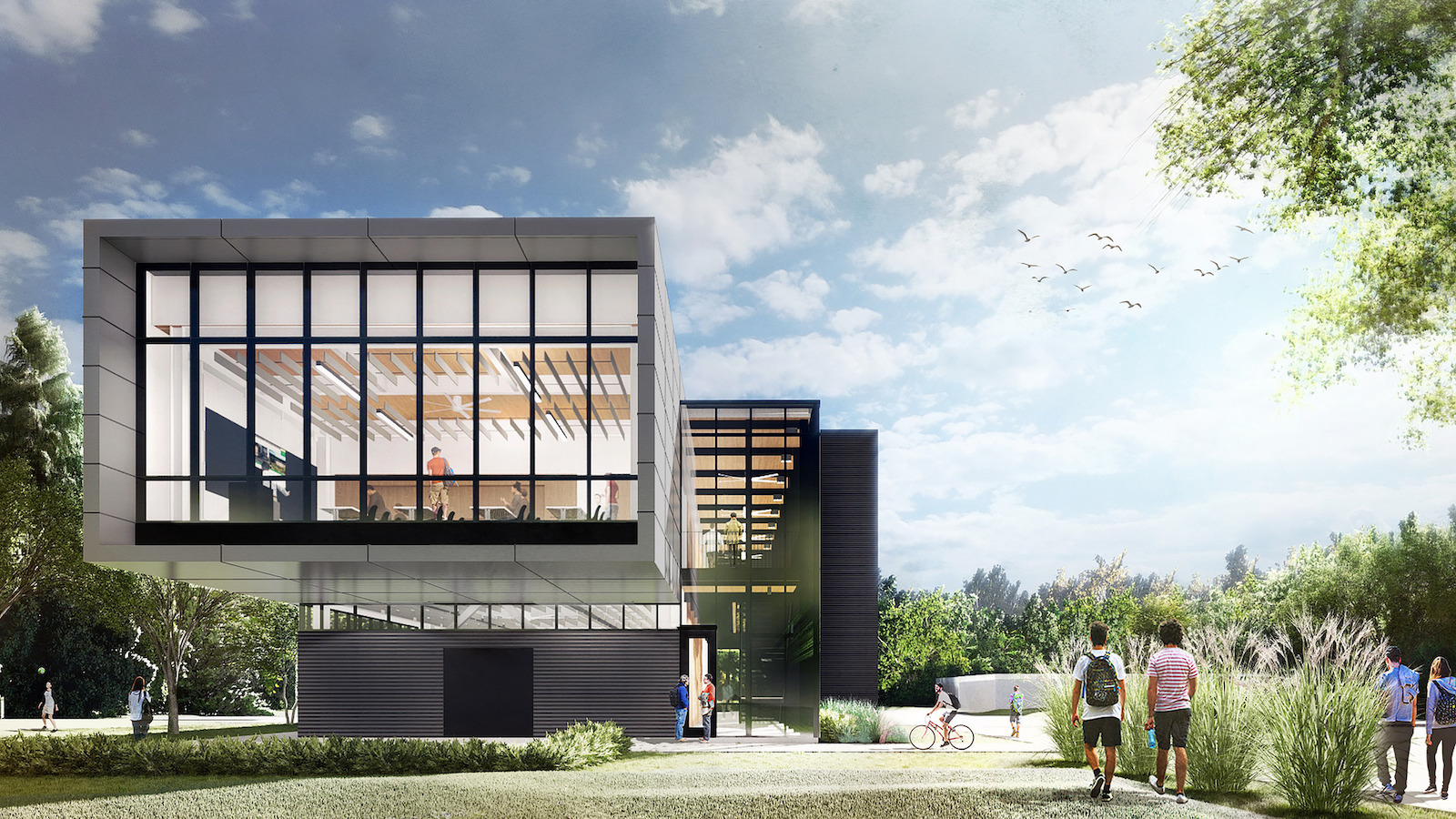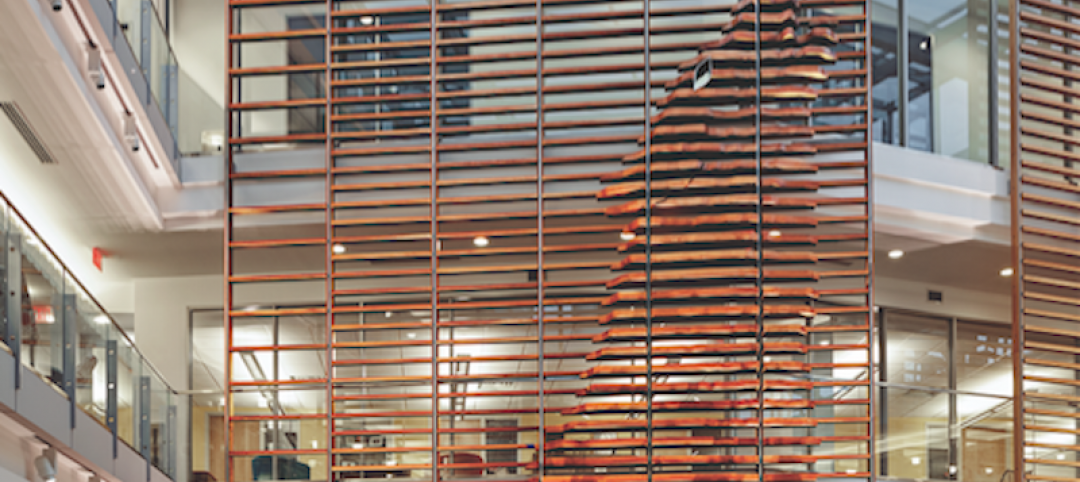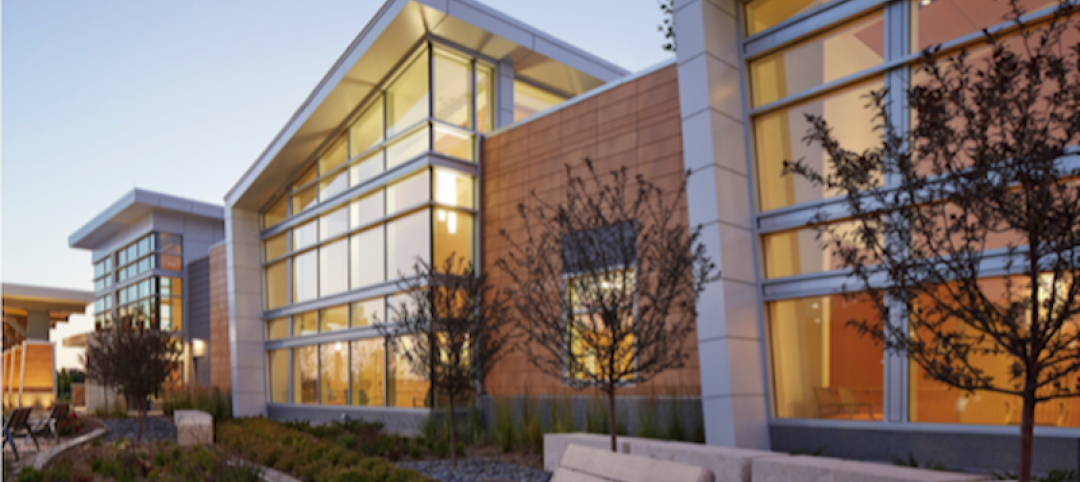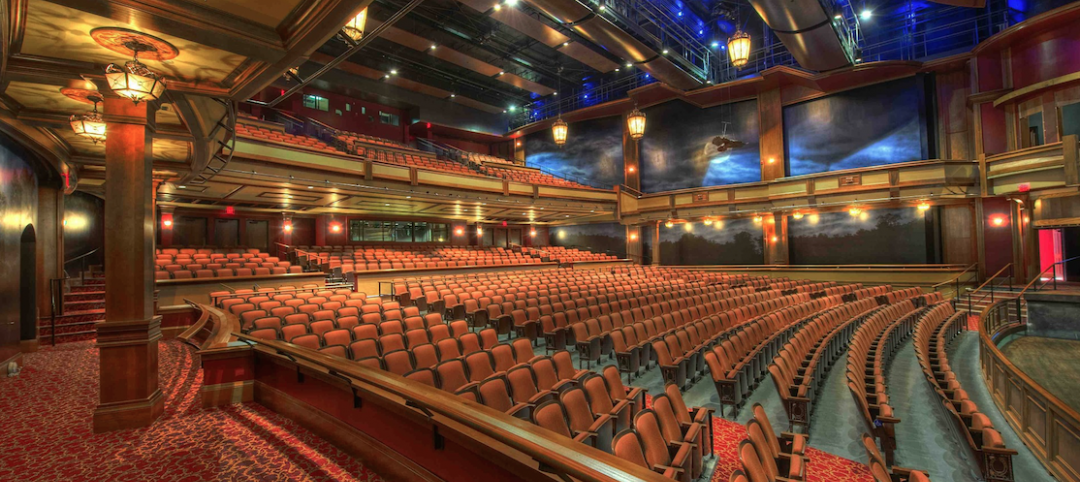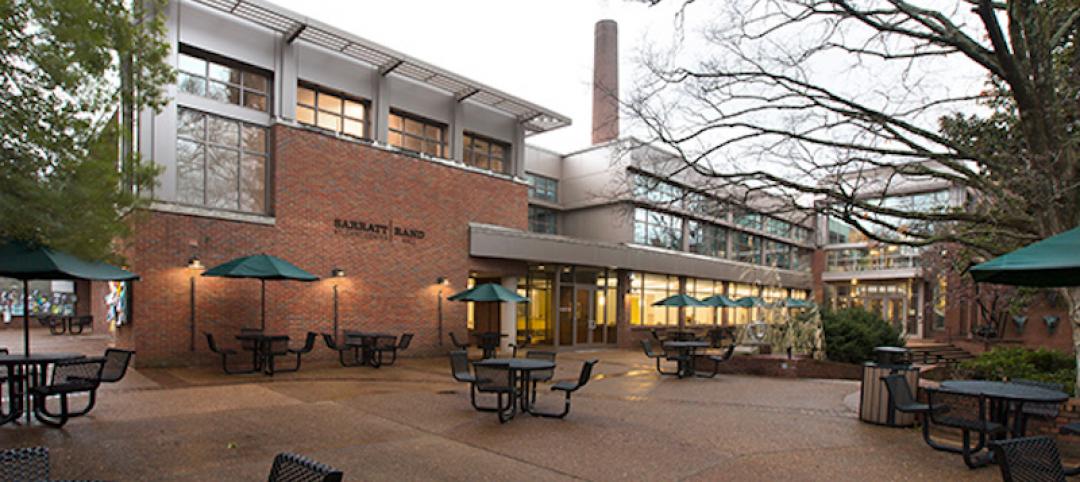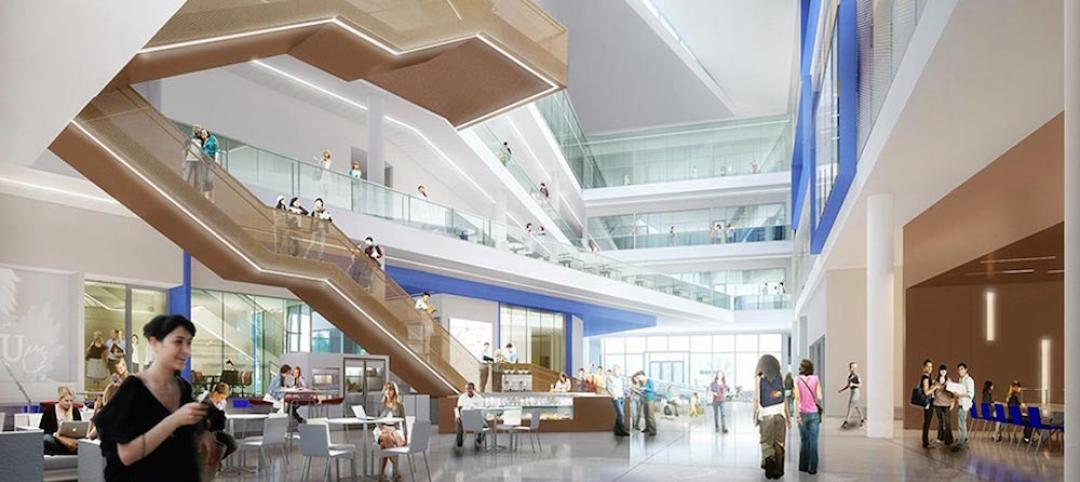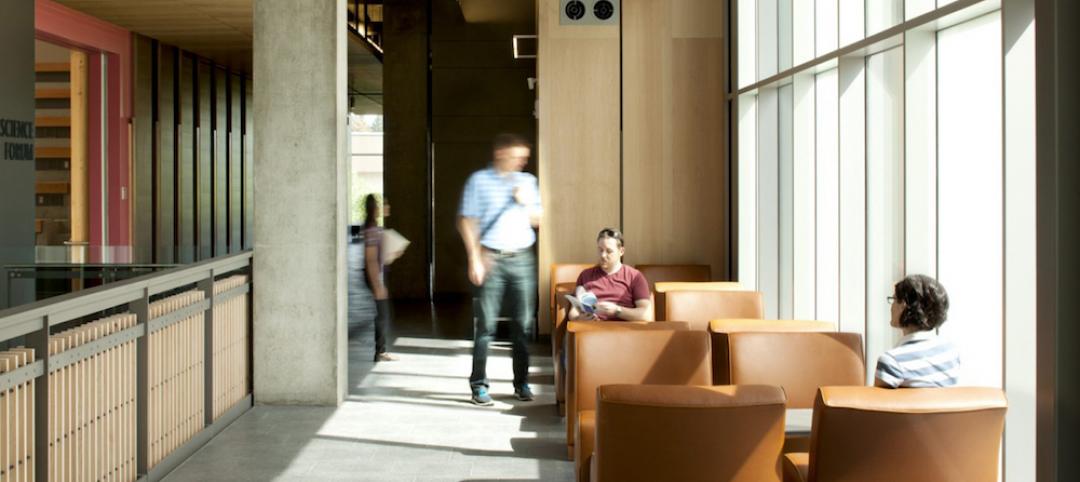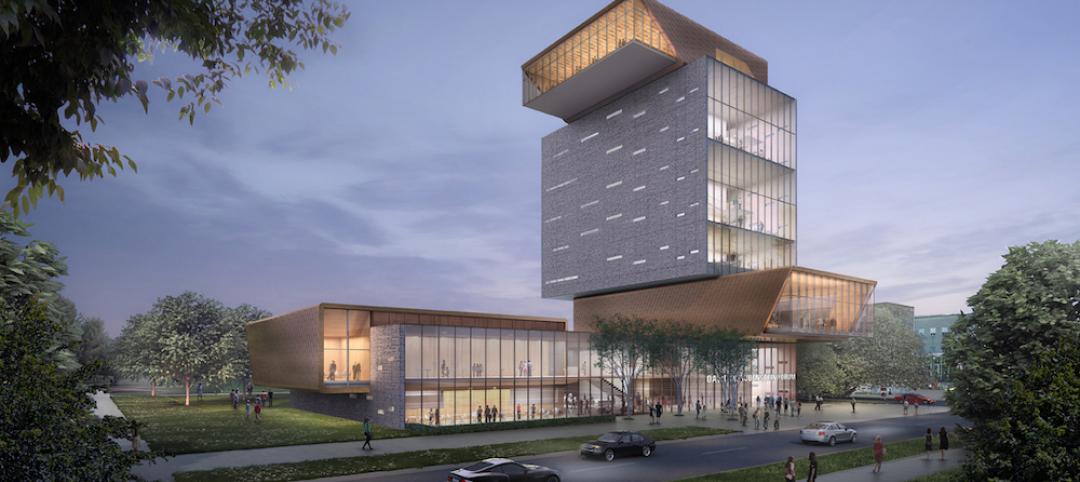A community college in Oregon has begun construction on a new building devoted to maritime science. With it, the school hopes to solidify its position as a major industrial and marine technology center in the Pacific Northwest.
Designed by SRG Partnership, based in Portland and Seattle, the 15,500-sf Maritime Science Building will house classrooms and other instructional and building-support spaces at Clatsop Community College’s Marine and Environmental Research and Training Station (MERTS) campus. Only the fourth building on the MERTS campus, the structure will serve as an arrival point, one that strengthens the school’s maritime identity and brand.
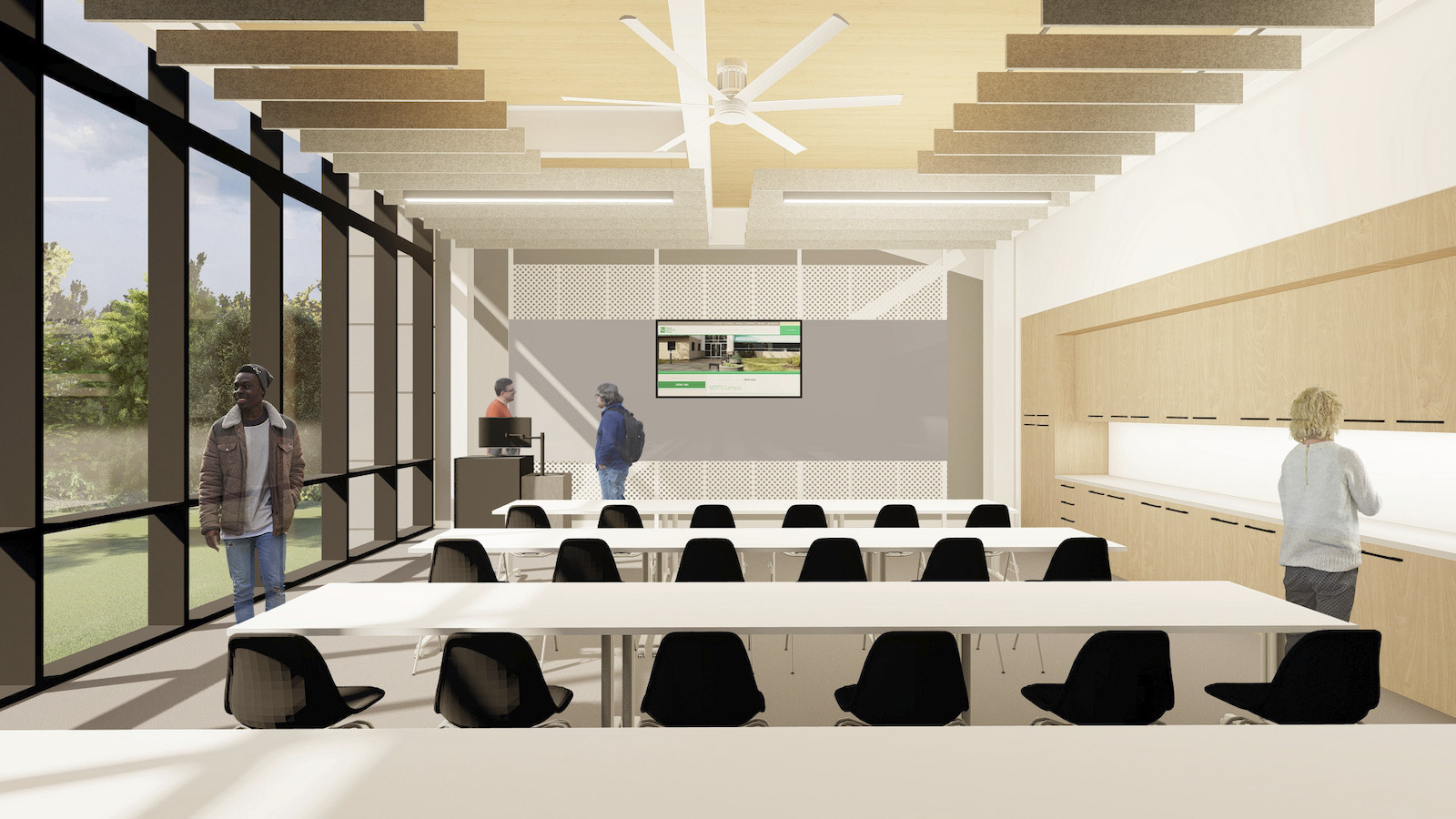
Outside, cantilevers on both ends of the building create spacious, covered workspaces. Inside, the design evokes a working ship—with exposed steel, mechanical systems, and stairways all highlighting the training program’s hands-on ethos. Exposed mass timber nods to the maritime theme, while honoring the region’s timber industry. The mass timber also eliminates the need for internal columns, leaving the space open and adaptable. The building’s transparent atrium invites views from both inside and outside. And a large map of perforated wood shows where the Columbia River meets the Pacific Ocean.
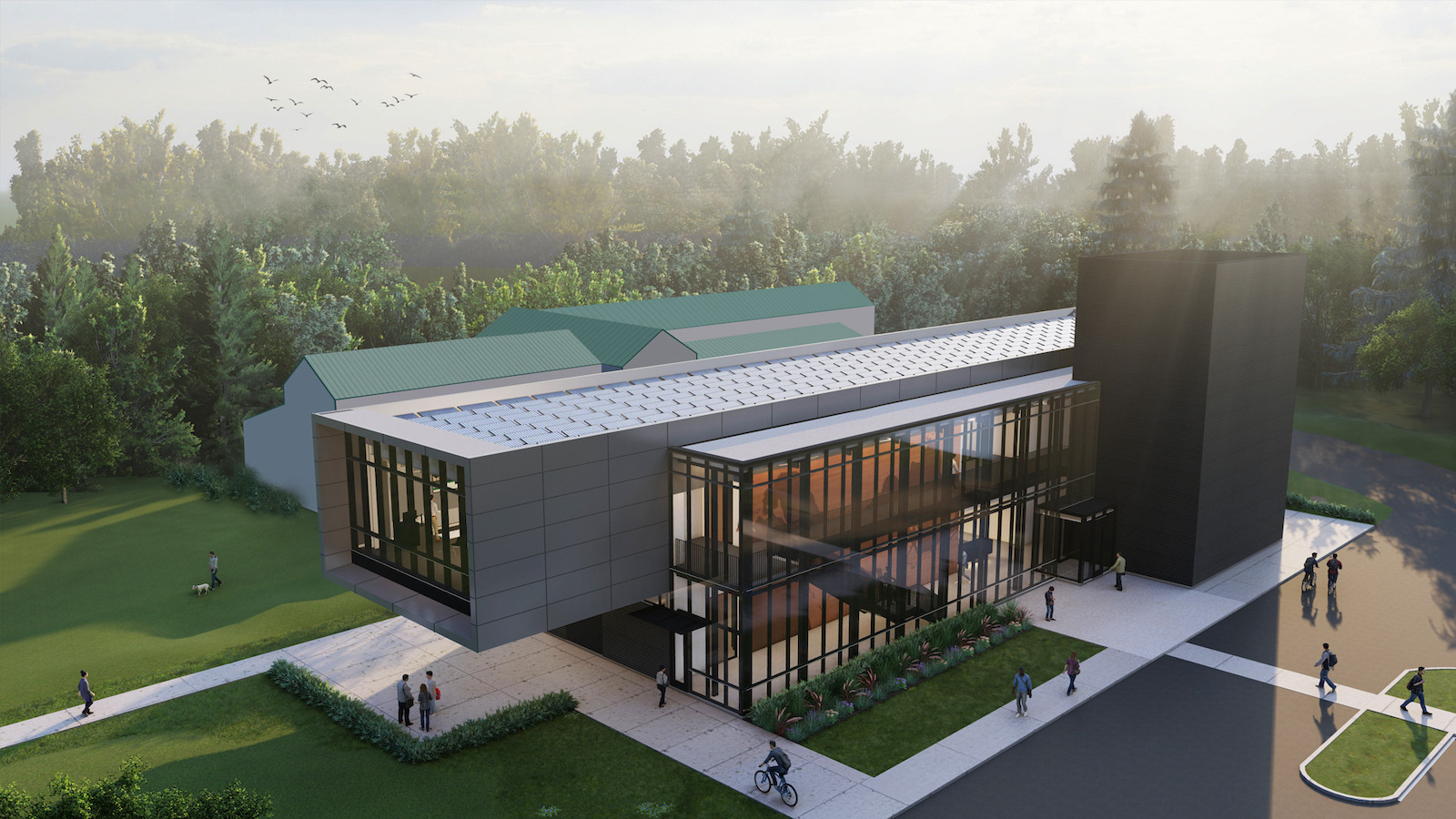
“Moving through the building will feel like navigating the bridge on a maritime vessel,” SRG Partnership says in a statement.
In addition to its aesthetic appeal, the design serves a structural purpose. Adjacent to the Columbia River, the MERTS campus sits on land that was dredged from the river. The soil is sandy and silty, with a high risk of soil liquefaction in a seismic event—a key design challenge. Also, the bedrock lies 60 feet down. By limiting the footprint of the ground floor, the team minimized the amount (and cost) of foundation drilling. The cantilevered second floor provides the rest of the needed interior space.
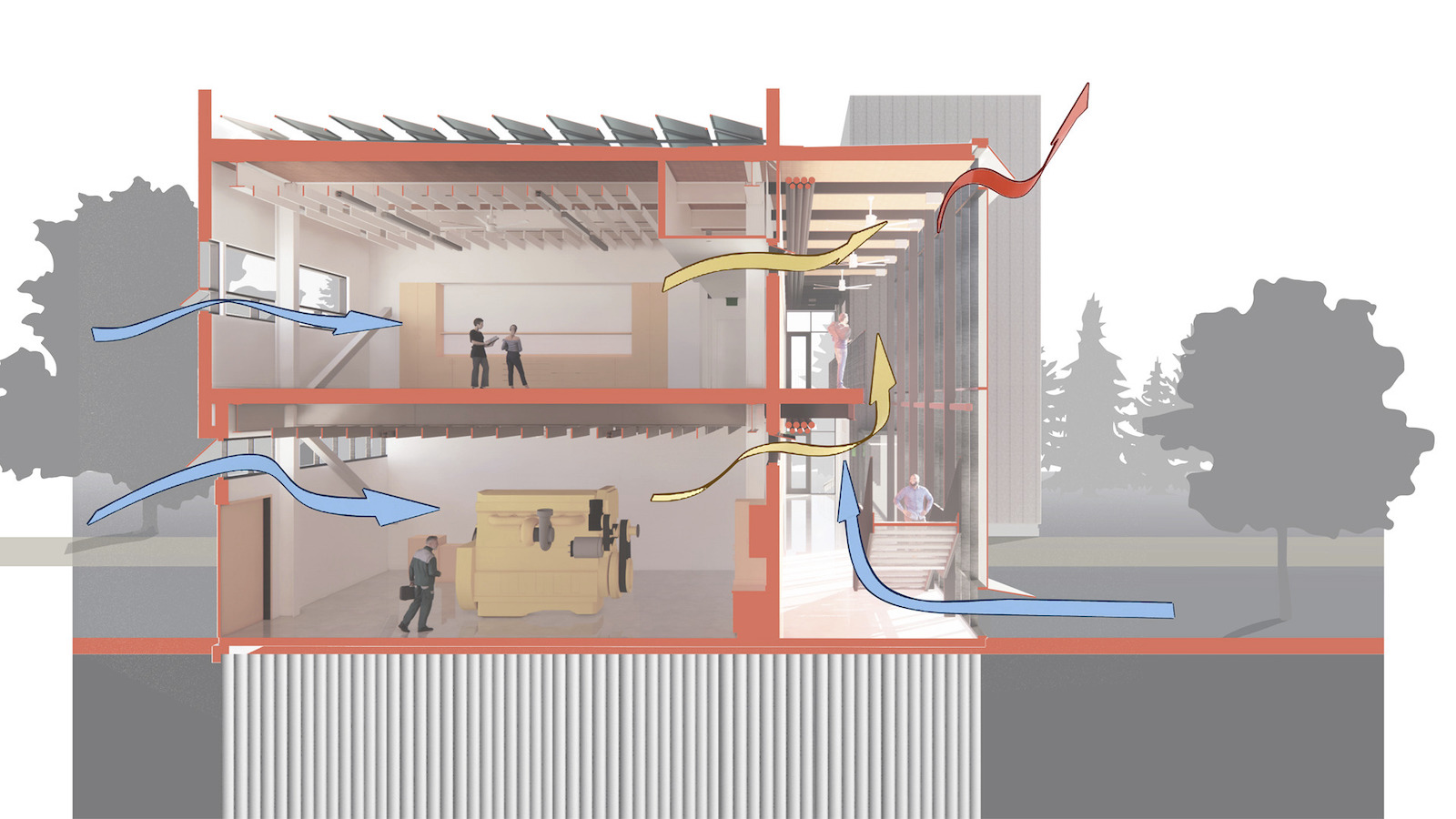
PAE will serve as the MEP engineer, with Catena as the structural engineer.
Related Stories
| Aug 10, 2016
UNIVERSITY GIANTS: Facing money woes, the nation's colleges double down on innovative ideas
Budget constraints are compelling some public institutions to pursue alternative methods of financing their major building projects.
| Aug 9, 2016
Top 70 University Engineering Firms
AECOM, WSP | Parsons Brinckerhoff, and Jacobs top Building Design+Construction’s annual ranking of the nation’s largest university sector engineering and E/A firms, as reported in the 2016 Giants 300 Report.
| Aug 9, 2016
Top 100 University Construction Firms
Turner Construction Co., The Whiting-Turner Contracting Co, and Skanska USA top Building Design+Construction’s annual ranking of the nation’s largest university sector construction and construction management firms, as reported in the 2016 Giants 300 Report.
| Aug 9, 2016
Top 100 University Architecture Firms
Gensler, Perkins+Will, and CannonDesign top Building Design+Construction’s annual ranking of the nation’s largest university sector architecture and A/E firms, as reported in the 2016 Giants 300 Report.
University Buildings | Aug 5, 2016
How to design the best dining facilities for Millennial students
Location, visibility, and adaptability are three important ideas to keep in mind when designing campus dining spaces, writes Gresham Smith and Partners’ Patrick Gilbert.
Higher Education | Jun 30, 2016
10 ideas for tomorrow’s campus
Academic incubators that bridge school and the workplace are transforming design in higher education. Gensler's David Broz offers 10 ways colleges can modernize and shift away from traditional learning environments.
Office Buildings | Jun 10, 2016
Form4 designs curved roofs for project at Stanford Research Park
Fabricated of painted recycled aluminum, the wavy roofs at the Innovation Curve campus will symbolize the R&D process and make four buildings more sustainable.
University Buildings | Jun 9, 2016
Designing for interdisciplinary communication in university buildings
Bringing people together remains the main objective when designing academic projects. SRG Design Principal Kent Duffy encourages interaction and discovery with a variety of approaches.
Education Facilities | Jun 1, 2016
Gensler reveals designs for 35-acre AltaSea Campus at the Port of Los Angeles
New and renovated facilities will help researchers, educators, and visitors better understand the ocean.
University Buildings | May 26, 2016
U. of Chicago approves Diller Scofidio + Renfro design for new campus building
With a two-story base and 165-foot tower, the Rubenstein Forum will have room for informal meetings, lectures, and other university events.


